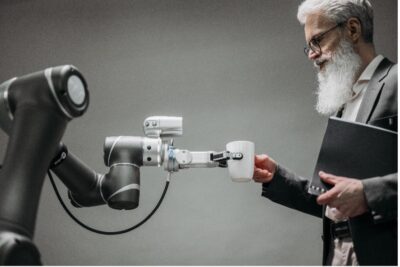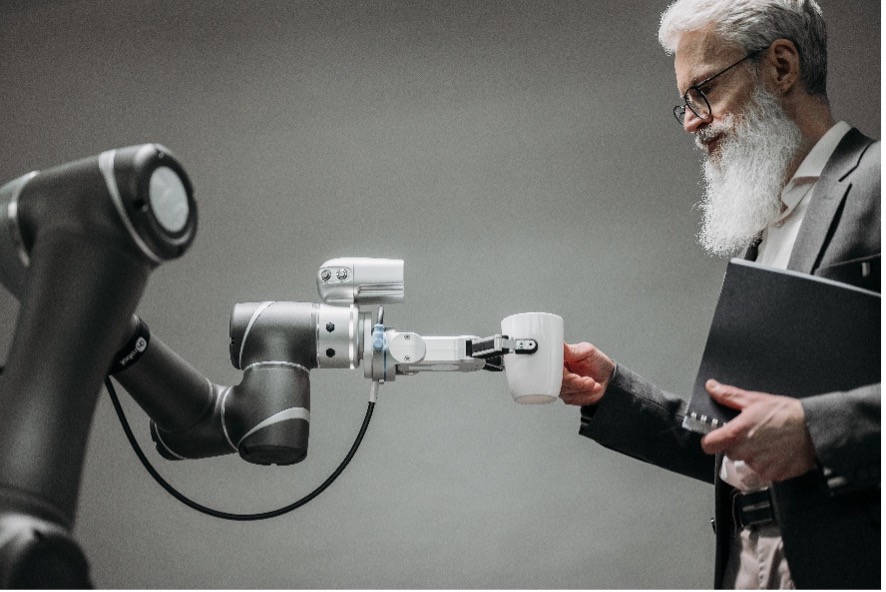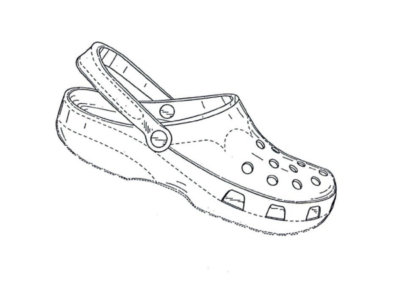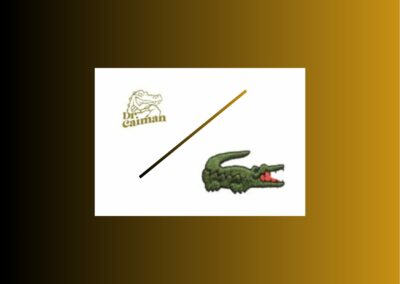Wouldn’t computer programs be patentable? What about “Artificial Intelligence”?
This title is deliberately provocative, as it is worth remembering that it is computer programs “as such” that are not patentable and that it is perfectly possible to protect the algorithms implemented by computer programs. Two decisions by the French Supreme Court recently confirmed this[1]. Thus, the principle of an innovative computer program can of course be protected by a patent.
This being said, the answer to the second question is self-evident, and it is of course possible to protect an artificial intelligence, or at least the algorithms it implements, by patent. These two questions are of course only a pretext for introducing the right questions to ask about the patentability of Artificial Intelligence.

Artificial intelligence programs are therefore only a particular type of program and the patentability criteria applying to them are therefore the same as for computer programs. To obtain protection for an artificial intelligence program, it must contribute to a technical nature, which may in particular be provided by a technical solution to a technical problem using non-generic technical means or by data processing. The simple application of an artificial intelligence program without having any function other than simple data processing without any real technical contribution cannot therefore be considered patentable.
The French Patent Office (INPI)[2] in France and the European Patent Office[3] (EPO) provide examples of the technical contribution that an artificial intelligence program can make:
- Computer vision such as the processing, recognition, and/or classification of images and/or videos. For example, recognising the environment of an autonomous vehicle from data obtained using sensors, or using artificial intelligence to analyse digital images to recognize an event such as a tumor in a series of images is considered technical.
- Speech recognition and/or man-machine dialogue. For example, the use of artificial intelligence to analyse human language by a dedicated robot to decide and diversify the robot’s gestural and vocal behavior.
- Robotics and/or control/command processes. For example, the real-time control of a drilling tool, based on the measured physical properties of the drilling environment via neural network training, is considered a technique.
- Predictive analysis: the use of a neural network in a heart monitoring device to detect irregular heartbeats makes a technical contribution.
The French Patent Office also gives two examples of applications of artificial intelligence that do not make a technical contribution and have therefore not been considered patentable:
- A process using artificial intelligence to predict stock market prices.
- The use of a tool for extracting commercial keywords from content to enable them to be identified and indexed using artificial intelligence.
This shows that many applications of Artificial Intelligence can be protected by patents. By way of further illustration, here are a few European patents relating to Artificial Intelligence that have been granted and, in some cases, upheld after opposition:
- Microsoft was able to obtain the grant of a patent on the acceleration of the learning method of an Artificial Intelligence based on the joint use of a processor and a graphics card,
- Panasonic was granted a patent for a method of recognising targets and their trajectories using artificial intelligence,
- Hitachi was granted a patent for an anomaly detection method based on an “anomaly” score calculated by artificial intelligence,
- Reliance Electric has been granted a patent for a method of detecting cavitation in a pump based on artificial intelligence, and for controlling the pump to limit this effect.
As a result, subject to a technical contribution, artificial intelligence, whatever its field of application, does fall within the scope of patentability. Of course, if you have the slightest doubt, or if you would like to confirm that your artificial intelligence program could be the subject of a patent application, please contact us.
To find out more about the artificial intelligence revolution in patenting: www.brandon-valorisation.com/en/artificial-intelligence-applied-to-innovation-concerns-your-business/
Articles notes:
[1] www.brandon-ip.com/will-the-french-patent-office-align-itself-with-the-epo-on-the-patentability-of-software/
[2] Directives INPI La délivrance des brevets et des certificats d’utilité – VII-1.3.2
[3] EPO Examination Guidelines





